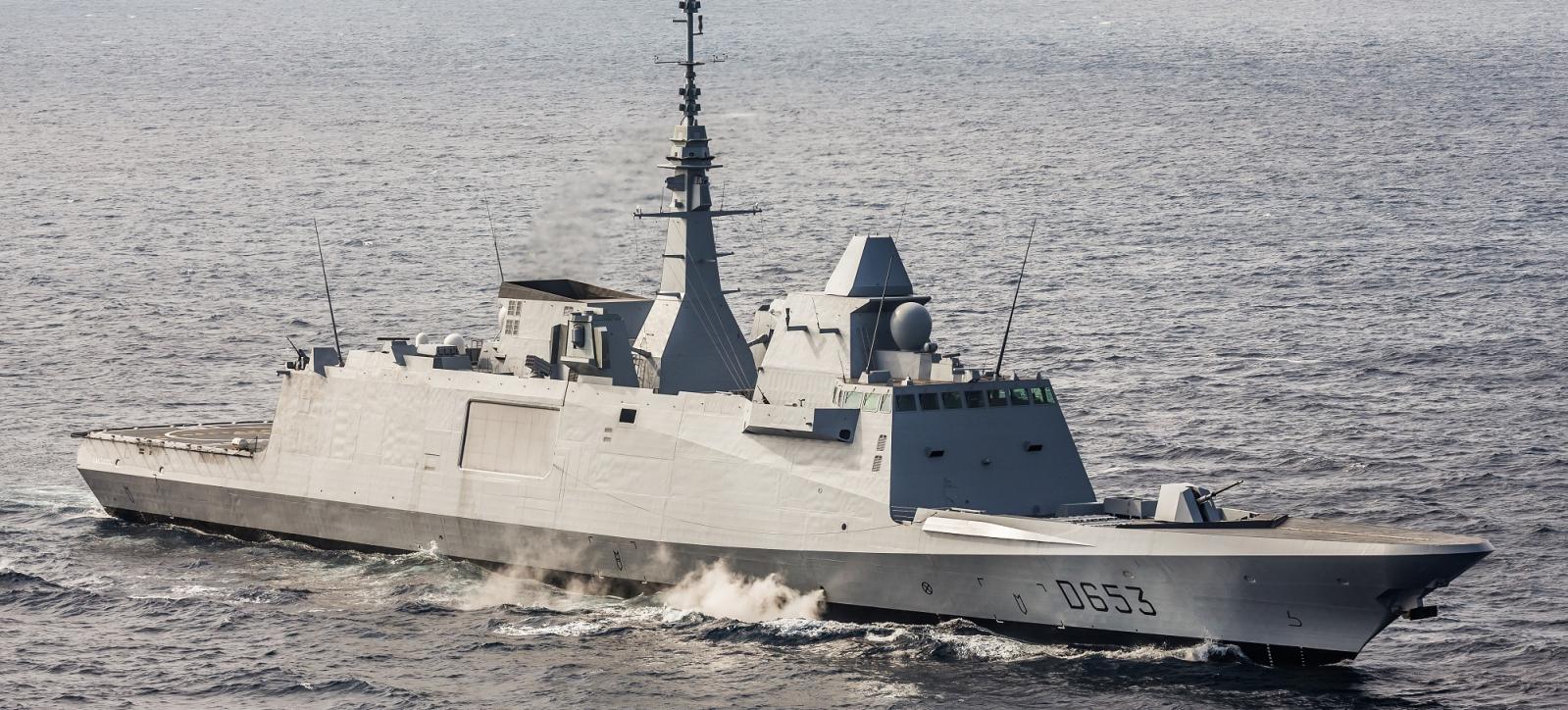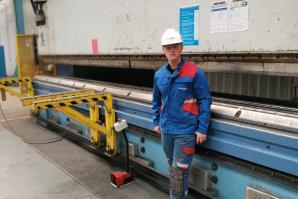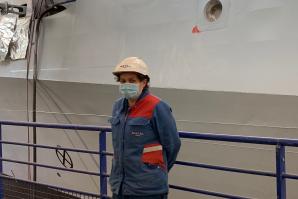Is there a secret to maintaining a quality customer relationship that is designed to last?
“Client focus and mutual respect. Bear in mind that program directors move around within Naval Group every 3 or 4 years. I, for example, arrived on the FREMM program in 2016, although the design phase of the program had started back in 2005. It's the same on the customer side: the teams change. It’s worth emphasising, however, that it’s a highly “organised” turnover, supported by the program's contractual framework, which is robust. The management plan sets out a number of different rituals. So we’re operating in a well marked-out relational context, and with clearly formalised expectations on both sides.”
No risk, then?
“Yes, there is at least one, linked to the inevitable stress that emanates from the customer. Countries that invest in a program expect, in return, a product that matches their ambitions. Our contacts are sometimes under very strong pressure from above. The role of the Program Director is to maintain trust and offer reassurance by providing proof of the reliability and responsiveness they expect. I am not the only one at Naval Group of course working to build up this trust. The specialists play a key role, and I rely on a team that evolves at every level of management as the program moves forward. Every phase is important.”
Technological innovation also imposes a rhythm of its own. How do you integrate on-going developments into a program that is already under way?
“We see innovation as being of two kinds. There are those from the civilian world, such as PCs, telephones, and internet services like social networks. Then there are the technological innovations designed by Naval Group or its OEM partners to modernise the various on-board systems and provide navies with additional operational capabilities. In either case, whenever possible, we favour an incremental approach, i.e. gradual and continuous. This was the line we took on the FREMM program. Ultimately, the ships will all display the same level of capability development. The speed at which the increments are installed depends, of course, on the spending allocated and on the time available to perform the work during technical stops. The FREMMs are first-rate frigates; the Navy’s Swiss Army knives. They spend a lot of time at sea, which doesn't leave us much time to do the work… Deploying these increments is therefore yet another challenge – one that Naval Group is very eager to meet.”
Maintaining skills: a crucial challenge for Naval Group’s trades, today and tomorrow
Assessing and anticipating program needs in order to allocate key skills at key moments is the role of the Scheduling department. Meeting these constantly shifting needs, from one Naval Group program to another, is the job of each specialist trade department. An employee may be assigned for a few months to a FREMM, and then to the Malaysia program, for example, before returning to another FREMM. It is essential to ensure that they are familiar with the specifics of each program. If there is a “gap” between assignments, employees may be offered training time, either as a trainee or to provide training to others. When the need becomes more acute, however, it is necessary to recruit and transmit knowledge and know-how, progressively. Programs can also be run in parallel to speed up time to market. In short, the challenge facing trade department managers is to manage this balancing act carefully, so that the experts and specialists are there where they are needed, and to ensure that they remain busy, motivated and happy in their jobs between program assignments.
Nicolas Gaspard, directeur des programmes FREMM, Naval Group




